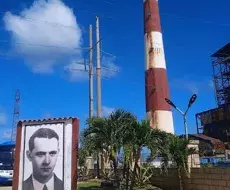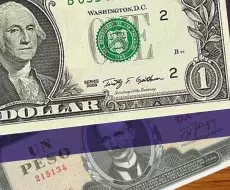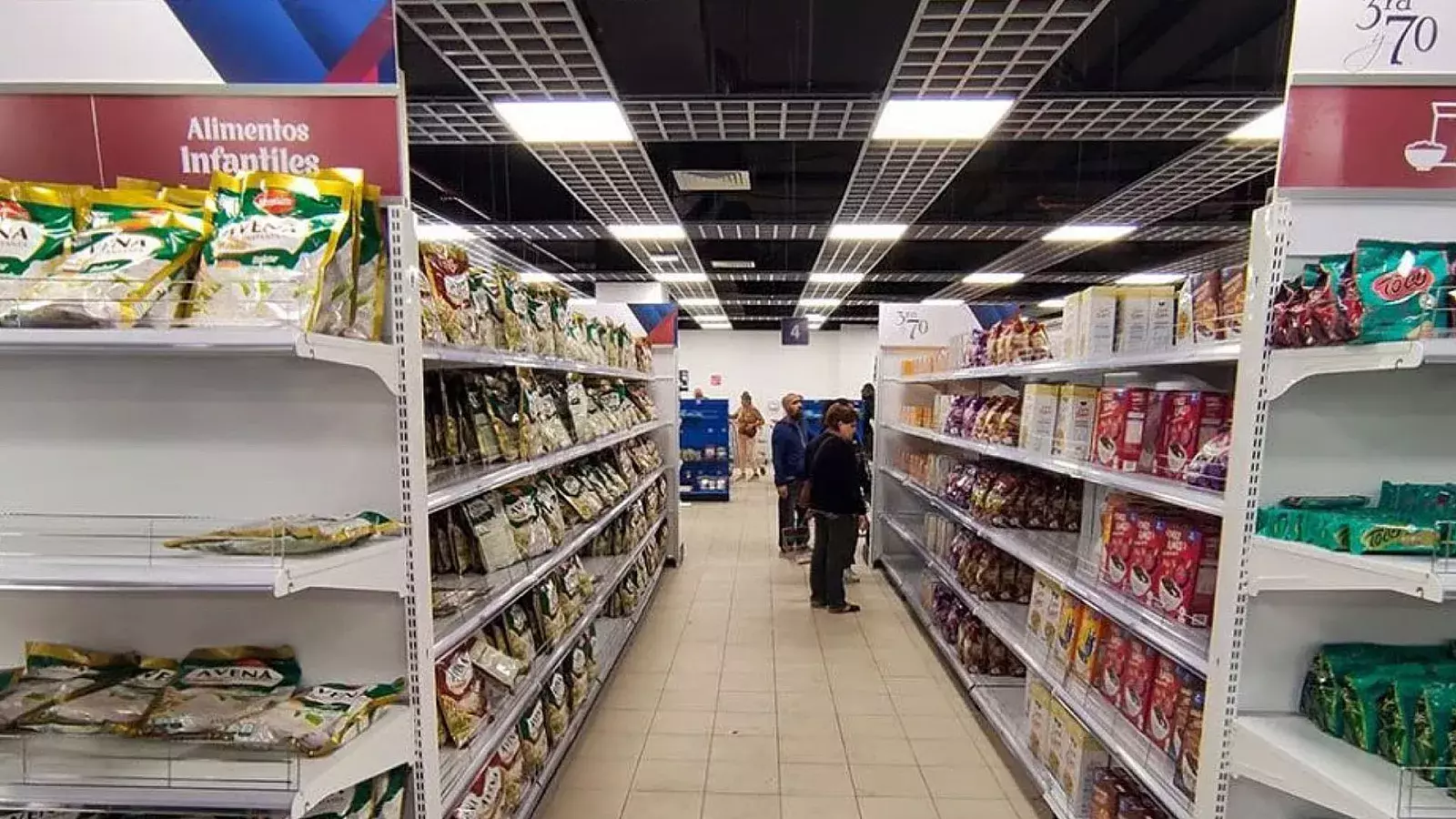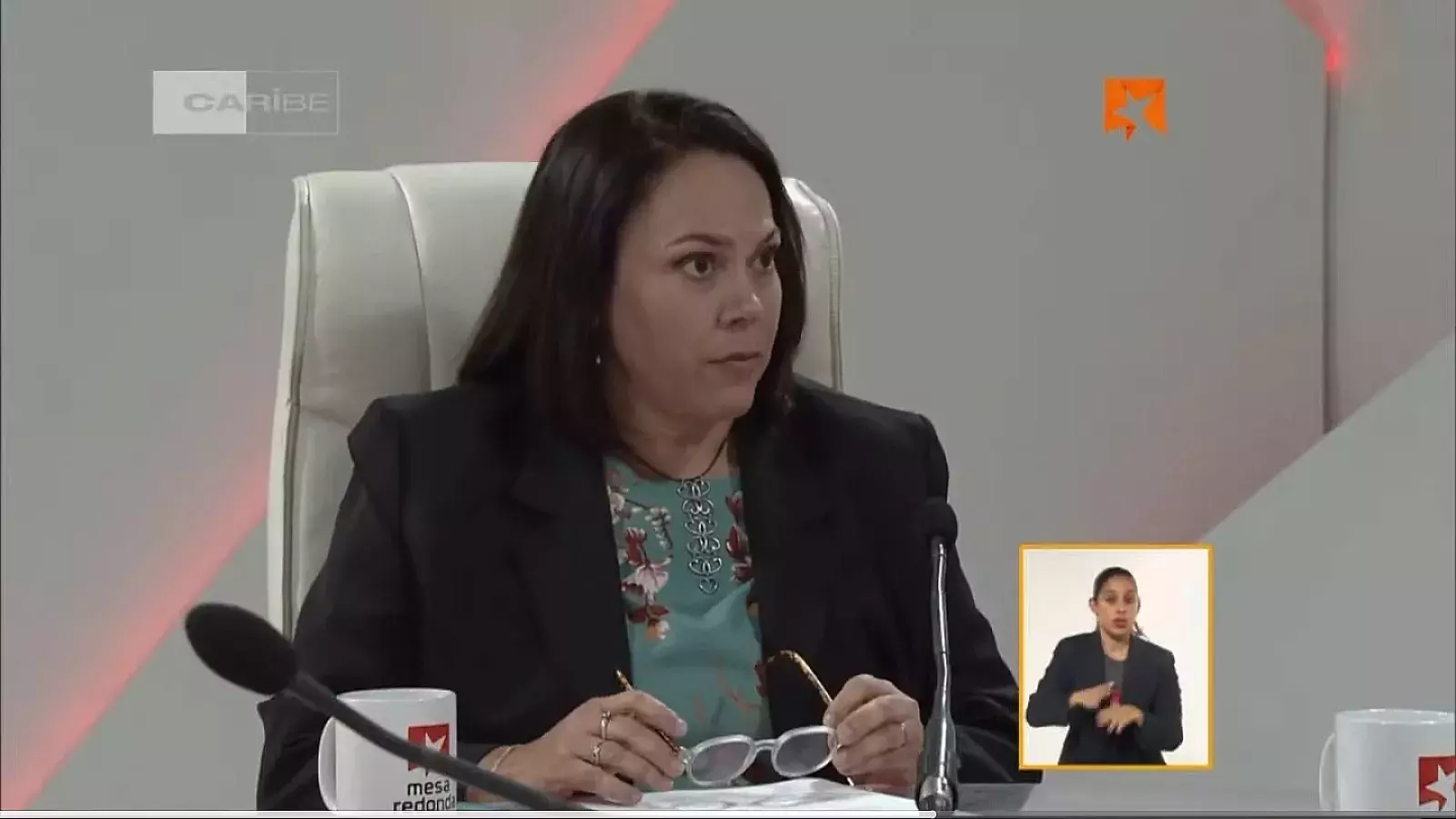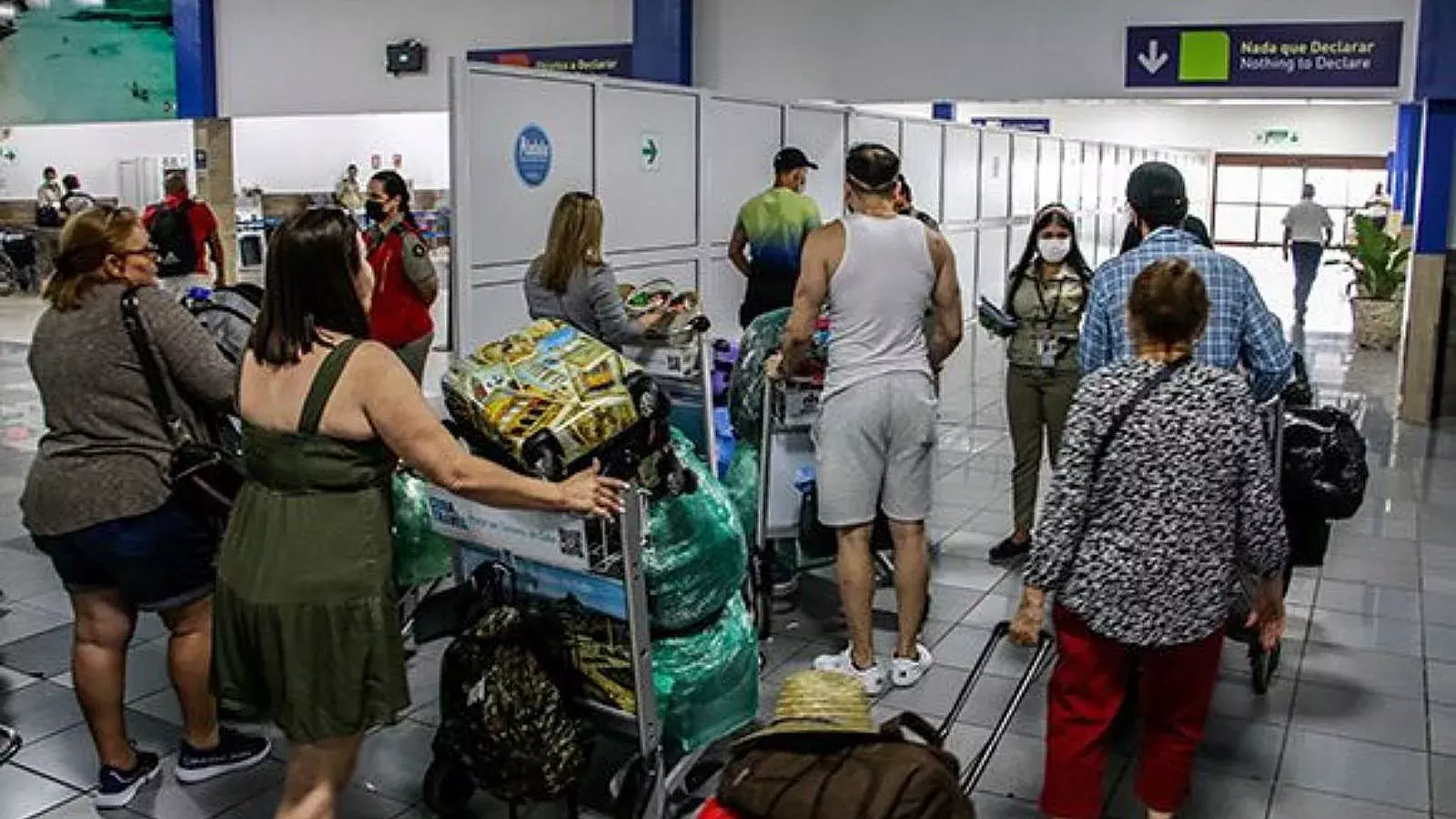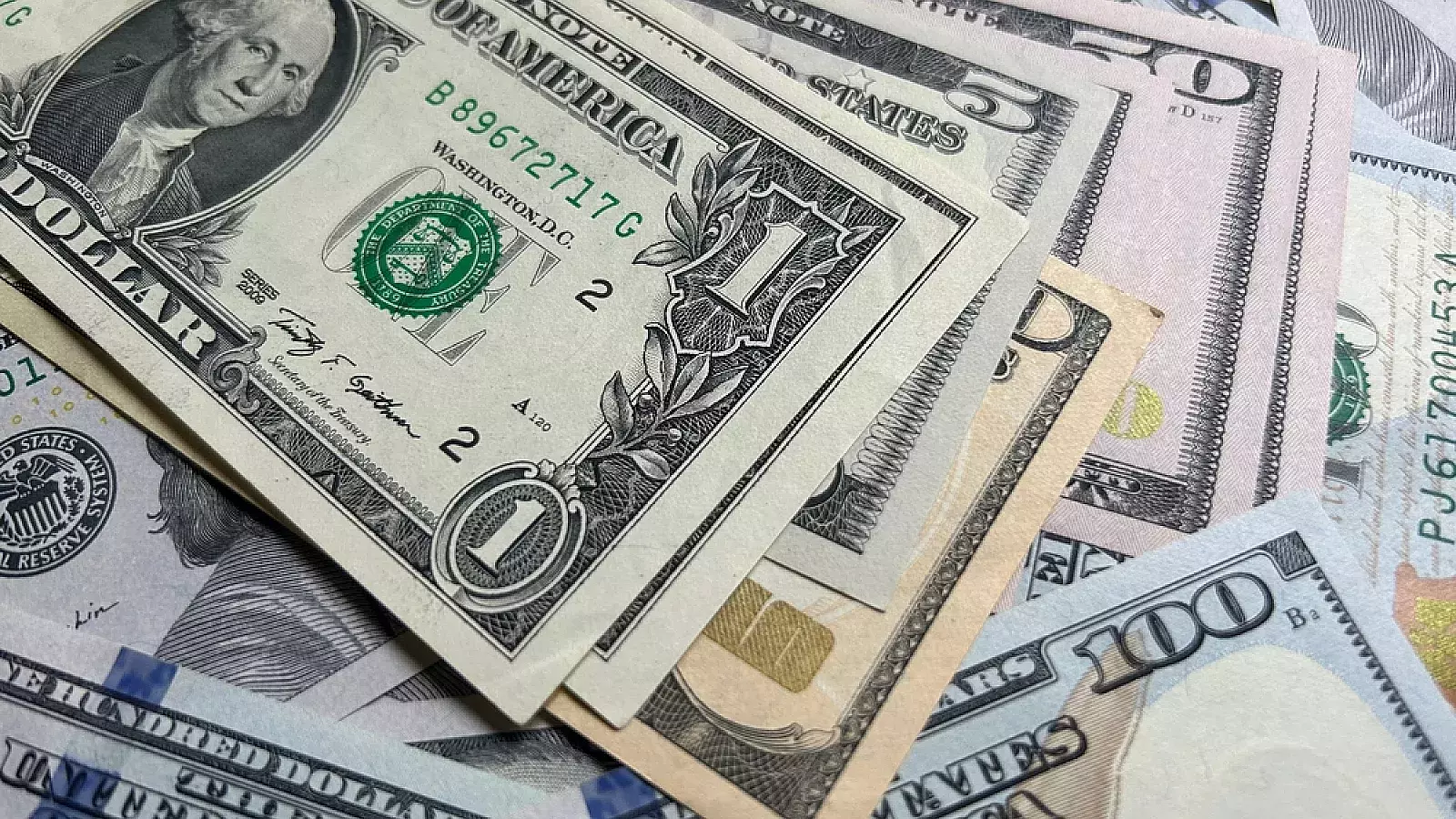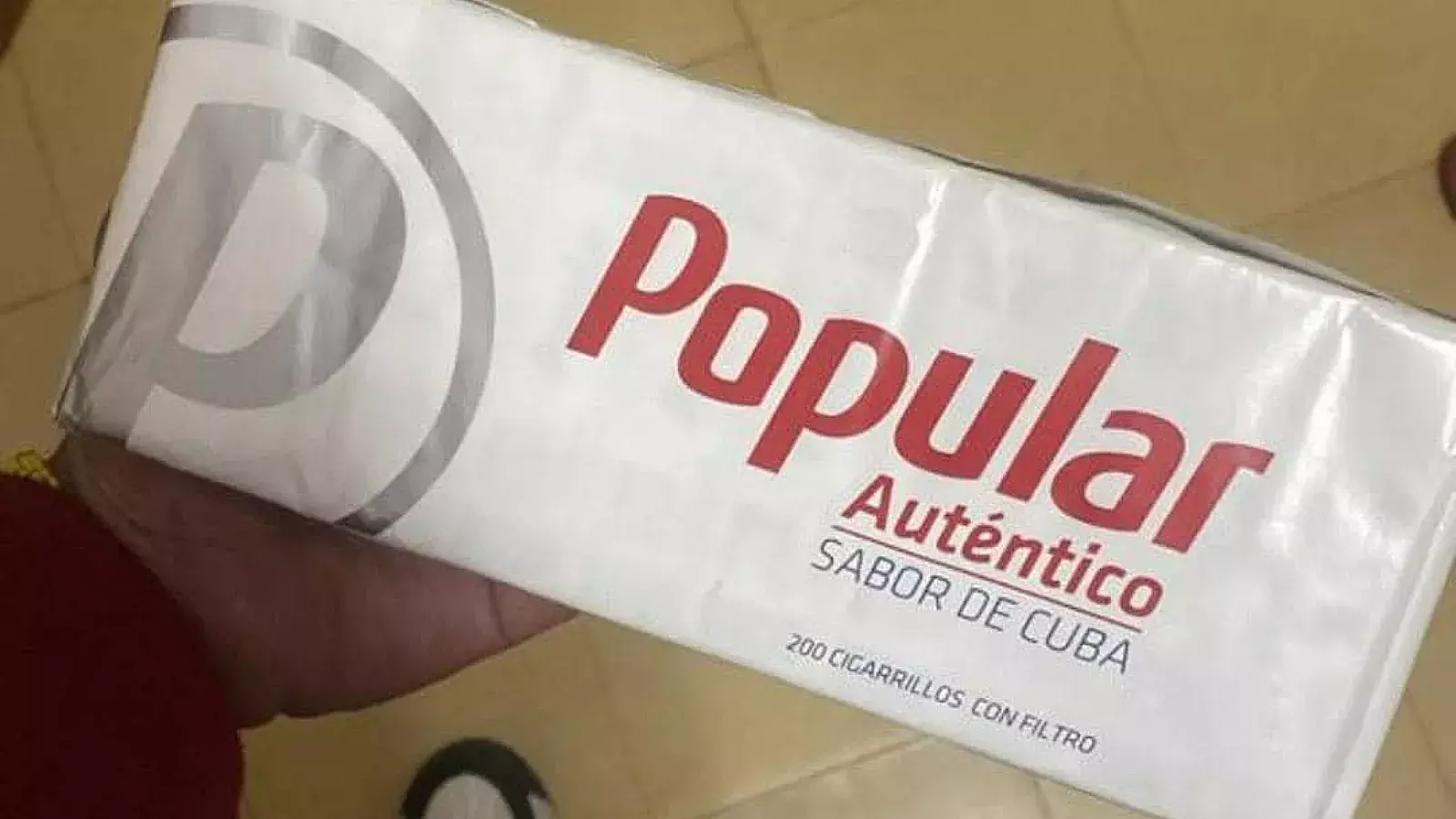Inversiones en Bitcoin de Bukele cobran protagonismo en medio de elecciones presidenciales de El Salvador
Nayib Bukele está de celebración después de que una reserva de Bitcoin que compró con dinero público entrara en números negros en medio del continuo aumento del precio del Bitcoin
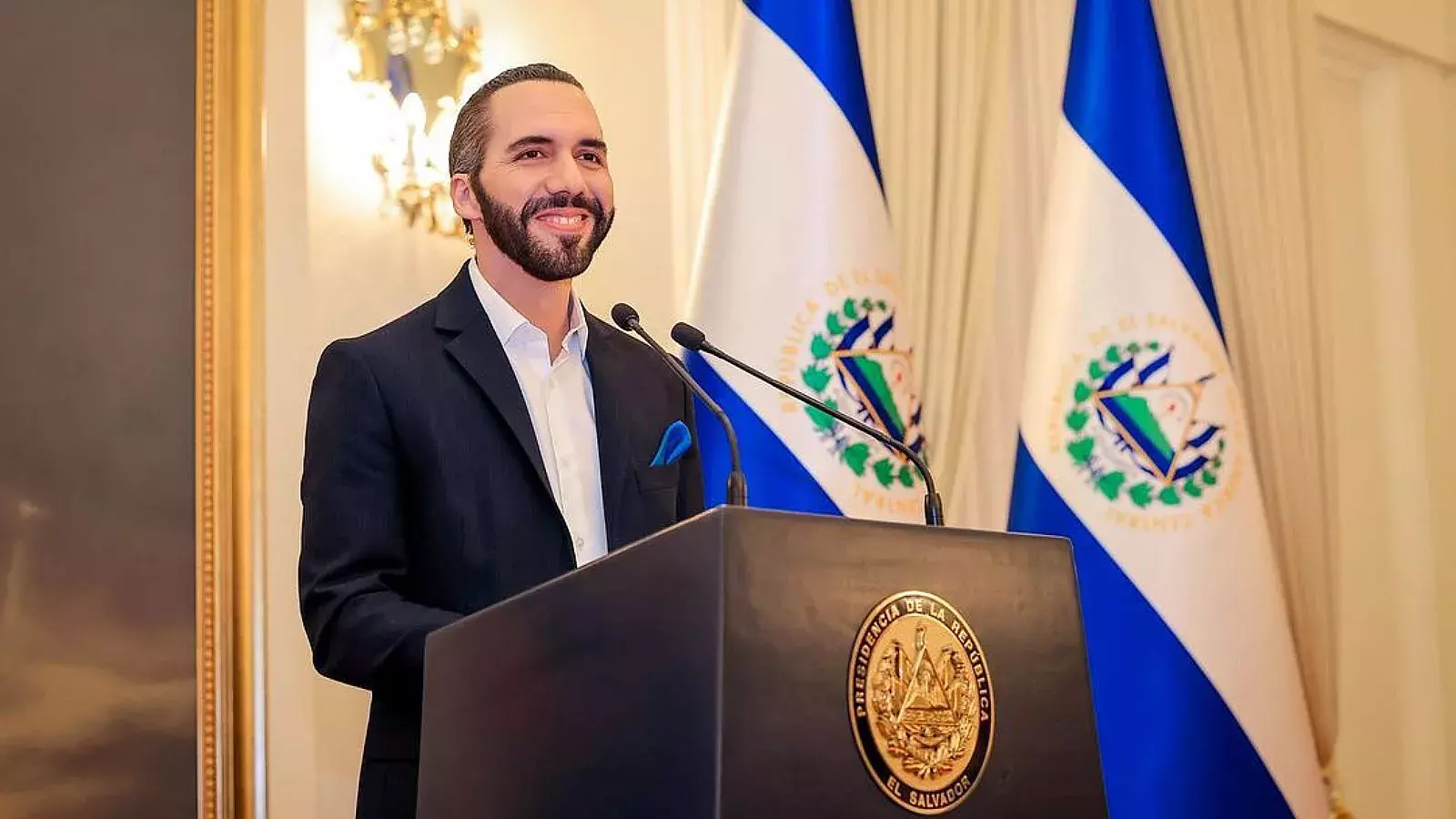
Creado: December 11, 2023 4:35pm
Actualizado: December 12, 2023 9:06am
El Salvador's president, Nayib Bukele, stepped down from power last week on Nov. 30 to campaign for a contested second term that he is expected to win as he currently holds a 90 percent approval rating.
Amid his campaign, the Salvadoran politician is now turning his nation’s attention to the recent spike in Bitcoin prices, boasting that his decision to invest more than $120 million in the cryptocurrency was sound.
Bukele cheered the recent price spike on the social media platform formerly known as Twitter:
“Of course, we have no intention of selling; that has never been our objective. We are fully aware that the price will continue to fluctuate in the future, this doesn’t affect our long-term strategy. Nonetheless, it is important that the naysayers and the authors of those hit pieces take back their statements.
“The responsible thing to do would be for them to issue retractions, offer apologies, or, at the very least, acknowledge that El Salvador is now yielding a profit, just as they repeatedly reported that we were incurring losses. If they consider themselves true journalists, they should report this new reality with the same intensity they reported the previous one.
“We’ll see … Stay tuned!”
Bukele purchased a total of 2,764 coins that are now believed to be worth about $3.7 million, according to a website that tracks the president’s Bitcoin portfolio and Bukele X posts that have announced each purchase.
The Salvadoran president’s fascination with the electronic coin has become so significant, his administration launched a joint initiative with stable coin company, Tether, to offer foreigners a Salvadoran passport for the price of $1 million in the cryptocurrency, according to a Dec. 8 report published by Fortune magazine.
While Bukele has risen in popularity in his own country for his war against gangs, he has also become a popular figure in the Bitcoin community since he has illuminated the cryptocurrency’s successes.
The cryptocurrency has fluctuated and had its ups and downs, and many investors, including Bukele were facing a loss of as much as half of what they paid for the digital coin.
In the past week however, the price has risen to $44,000 a coin, a rise that may be attributable to potential changes in U.S. financial rules about the digital currency.
But some economists say the country is still struggling, charging that the $120 million the president spent on investing in Bitcoin doesn’t make up for a lot of the money spent on promoting the digital currency since El Salvador made it legal tender equal to the country’s usual primary currency, which is the U.S. dollar.
Oscar Picardo, director of the Institute of Sciences at the Francisco Gavidia University, in San Salvador, El Salvador told BBC that the Salvadoran government spent a lot of money on the development of the Chivo Wallet application and the installation of ATMs, and a $30 bonus for all citizens over 18 years of age.
“When you add up all the expenses, the result cannot be positive. The result is in red - and in intense red,” Picardo said.
In June, a BBC documentary about Bitcoin in El Salvador reported that most of the Latin American country’s population were not using the digital currency as much as Bukele hoped.
“Bukele's victorious tone about the increase in the price of Bitcoin, it is quite illusory,” said Salvadorean economist Tatiana Marroquin. “It doesn't offset the economic costs of the Bitcoin project.”
Bukele has spent about $200 million in promotional campaigns just trying to encourage his constituents to try using the digital currency, she told the British news agency.
According to Frank Muci, policy fellow at the London School of Economics and Political Science's School of Public Policy, it is difficult to gauge the success of the crypto currency since no federal agency publicly tracks the country’s spending on Bitcoin or the status of Bukele's $100 million reserves.
“There is no official information other than President Bukele's Tweets,” he said, says.
One Bitcoin investor, known on X as “Pledditor,” said some of the information is “verifiably false,” adding that, “It's very unfortunate that they aren't disclosing their Bitcoin accounting in a formal way.”
They also mused that, “Somehow, it's more opaque than America's gold in Fort Knox.”
Others, however, say that the crypto currency has clearly given the Latin American country an economic boost.
Dr. Saifedean Ammous, author “The Bitcoin Standard” who has been serving as the government’s economic adviser for Bitcoin said the Bitcoin spike was genuine.
“It is significant that Bitcoin and El Salvador's investment have recovered after two years under water, because politicians, economists and international organizations had repeatedly branded Bukele and his Bitcoin policy failures because the price had dropped,” he said. “And the milestone showed Bitcoin offered a compelling alternative to national currencies and government bonds, which constantly declined in value.
“It is also common to dismiss El Salvador's Bitcoin strategy based on short-term concern with adoption for consumer payments - but that misses the bigger picture,” Dr Ammous said.
“Far more important than consumer payments is the role Bitcoin can play in economic independence and El Salvador's treasury, where it offers a reserve asset that appreciates over time and has a large, and growing, global liquidity pool.”
Bukele was advised early by major global financial institutions such as the International Monetary Fund (IMF) about the risks of Bitcoin, but he took the bold step of investing in the digital currency.
Bukele has repeatedly criticized institutions such as the, which warned him about the risks the cryptocurrency posed to El Salvador, stressing it would be difficult to get a loan from the institution.
The IMF did not send a comment about the latest news.
Bukele acknowledged the price of Bitcoin would continue to fluctuate, but has made no sign to indicate he has the intention to sell the reserve.
Bitcoin is the first decentralized cryptocurrency created from 2008-2009. Prior to Bitcoin, several digital cash technologies were proposed, starting with computer scientist David Chaum’s “Ecash” in the 1980s.
Chaum’s ideas were soon advanced by other cryptographic pioneers throughout the 1990s. In 2004, Hal Finney created the first cryptocurrency based on “reusable proof of work.”
While those ideas paved the way for today’s Bitcoin, they were not successful, namely because Chaum’s ideas required a centralized control, and no banking institutions wanted to take the change to adopt the new digital currency.
In September 2012, after the origins of Bitcoin arose in a mysterious white paper written by the pseudonym Satoshi Nakamoto, the currency was promoted by The Bitcoin Foundation in Washington, D.C.
Before disappearing, Nakamoto, who mined an estimated one million bitcoins, handed his network alert key and control of the code repository to software programmer, Gavin Andresen.
Andresen is now The Bitcoin’s Foundation’s chief scientist.




